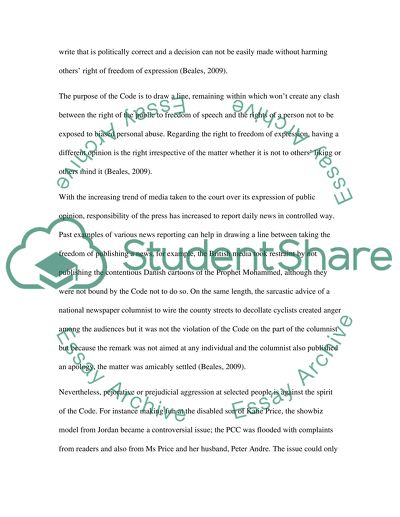Cite this document
(“Journalism & Diversity Essay Example | Topics and Well Written Essays - 2000 words”, n.d.)
Journalism & Diversity Essay Example | Topics and Well Written Essays - 2000 words. Retrieved from https://studentshare.org/journalism-communication/1455803-journalism-diversity
Journalism & Diversity Essay Example | Topics and Well Written Essays - 2000 words. Retrieved from https://studentshare.org/journalism-communication/1455803-journalism-diversity
(Journalism & Diversity Essay Example | Topics and Well Written Essays - 2000 Words)
Journalism & Diversity Essay Example | Topics and Well Written Essays - 2000 Words. https://studentshare.org/journalism-communication/1455803-journalism-diversity.
Journalism & Diversity Essay Example | Topics and Well Written Essays - 2000 Words. https://studentshare.org/journalism-communication/1455803-journalism-diversity.
“Journalism & Diversity Essay Example | Topics and Well Written Essays - 2000 Words”, n.d. https://studentshare.org/journalism-communication/1455803-journalism-diversity.


